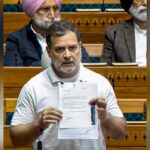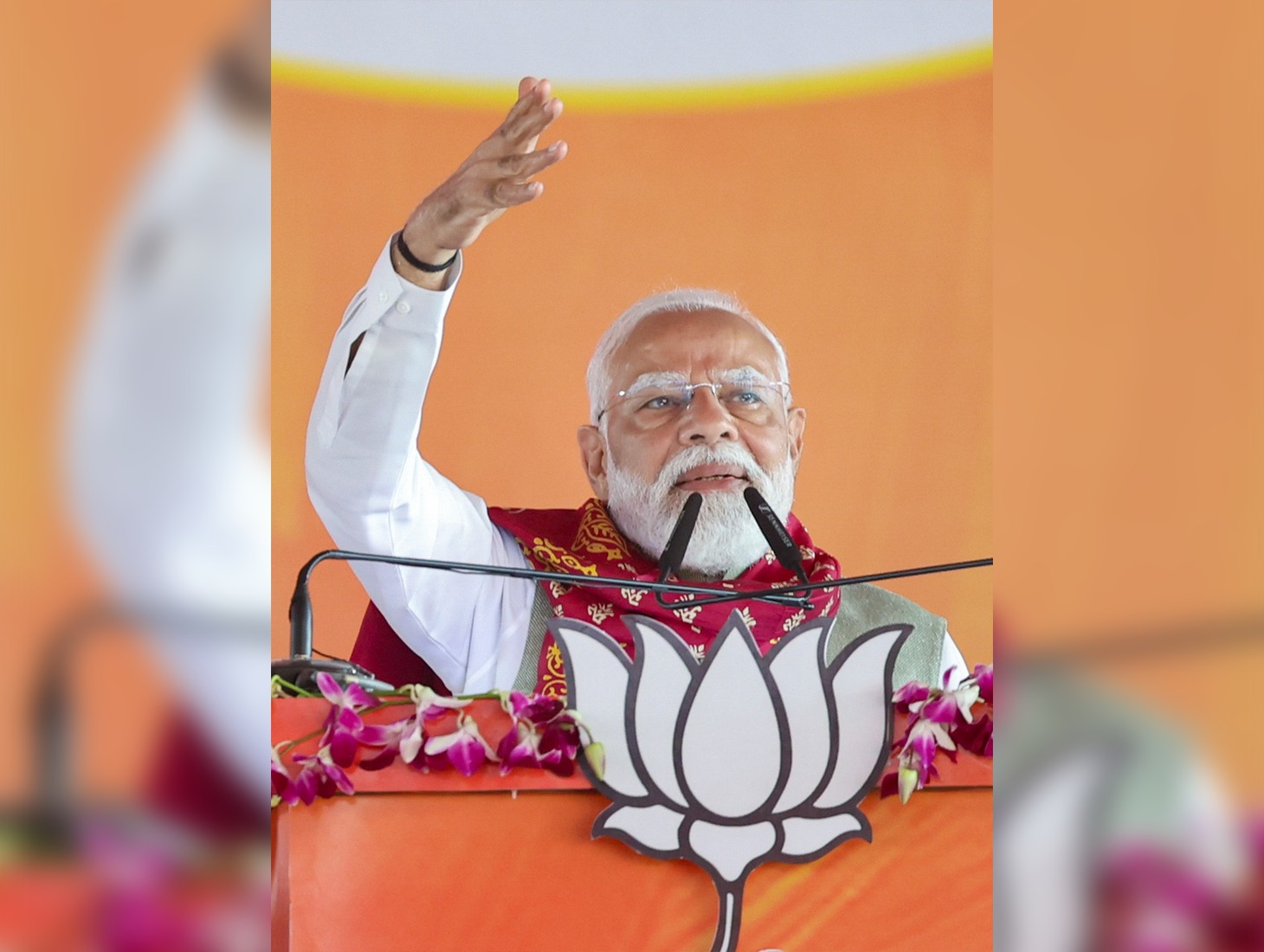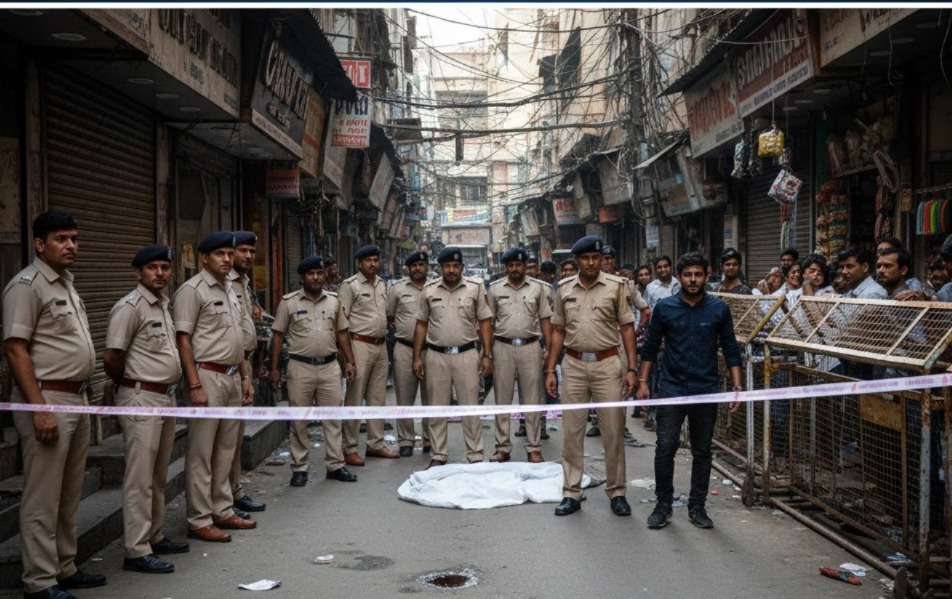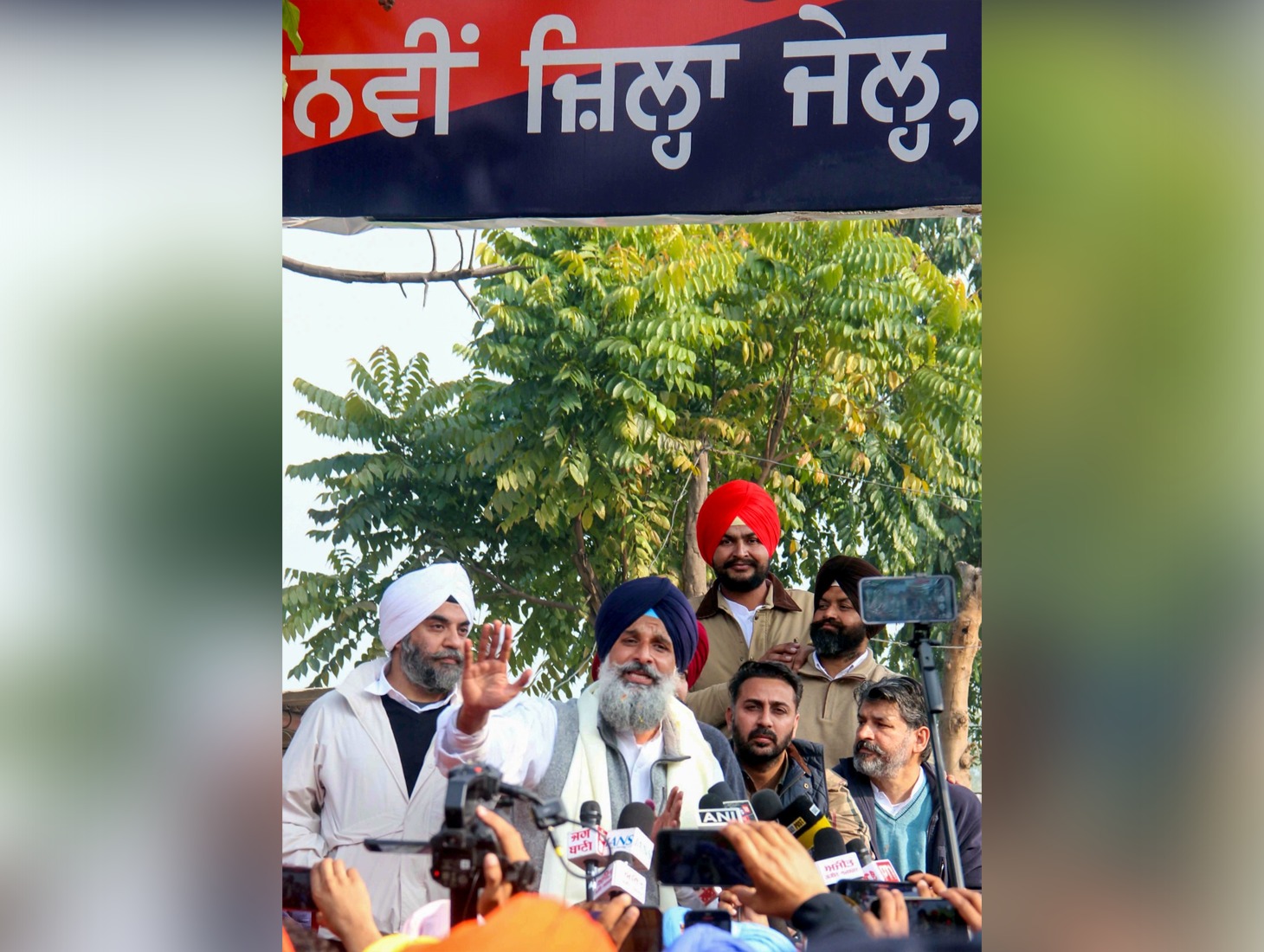The North News
Chandigarh, April 25
The Punjab government has approved the implementation guidelines for the ‘Rangla Punjab Vikas Scheme’, a Rs 585 crore initiative aimed at strengthening grassroots development across all districts in the state. The decision was taken at a cabinet meeting chaired by Chief Minister Bhagwant Singh Mann at his official residence in Chandigarh. A spokesperson from the Chief Minister’s Office said the scheme is designed to address local, everyday civic needs—ranging from roads and sanitation to water supply and other basic services—particularly in underserved areas.
Set to roll out in the 2025–26 fiscal year, the scheme will be anchored at the district level, with funds disbursed and administered by Deputy Commissioners. The process will be participatory, involving recommendations from local MLAs, citizen groups, community organisations, and other public-spirited residents. Projects will be reviewed and approved under a new set of operational guidelines.
The approval and oversight mechanisms will be overseen by District Level Committees, chaired by the Deputy Commissioners and operating with the concurrence of the district’s Minister-in-Charge, appointed by the Chief Minister. Once greenlit, the committees will coordinate implementation with the appropriate executing authorities, ensuring supervision and timely delivery. The Deputy Commissioners will also have full powers to sanction funds and authorise work.
In a parallel administrative decision, the Cabinet also approved the transfer of eight villages—including Manakpura, Khera Gajju, Urna, Changeera, Uccha Khera, Gurditpura, Haripura, and Lehlan—from Rajpura Tehsil (Patiala) to Banur Tehsil (SAS Nagar). The move is intended to streamline governance and improve service delivery for residents in the affected areas.
The state government has framed the Rangla Punjab initiative as a cornerstone of its development agenda, aiming to blend Punjab’s cultural identity with 21st-century infrastructure goals.
















